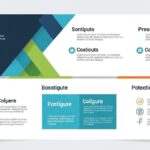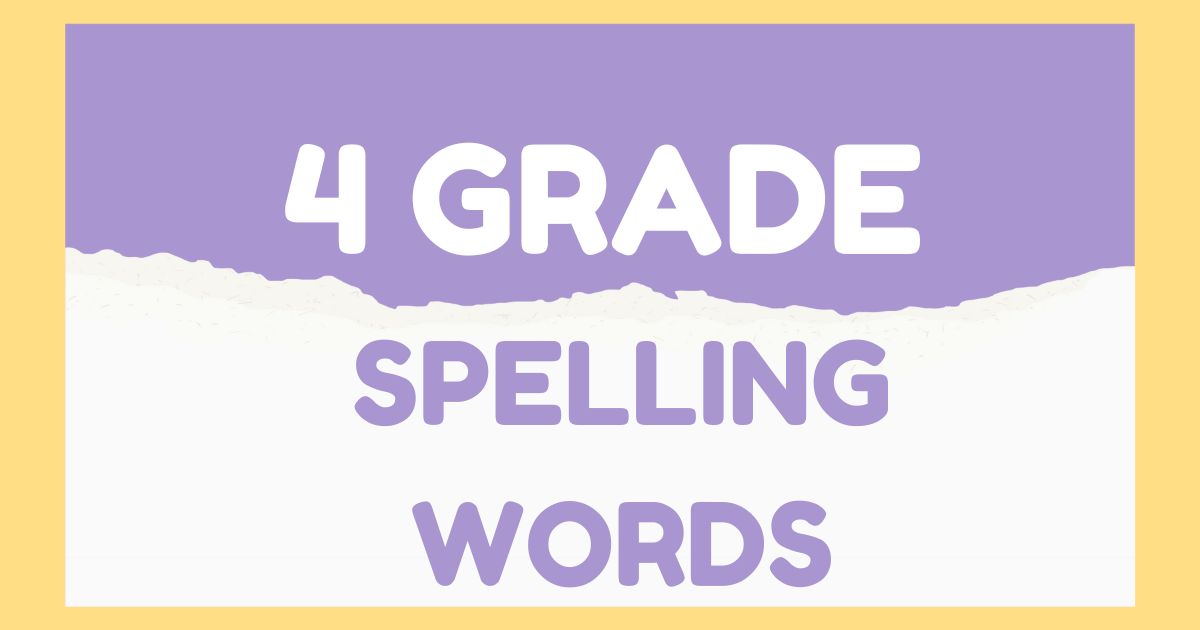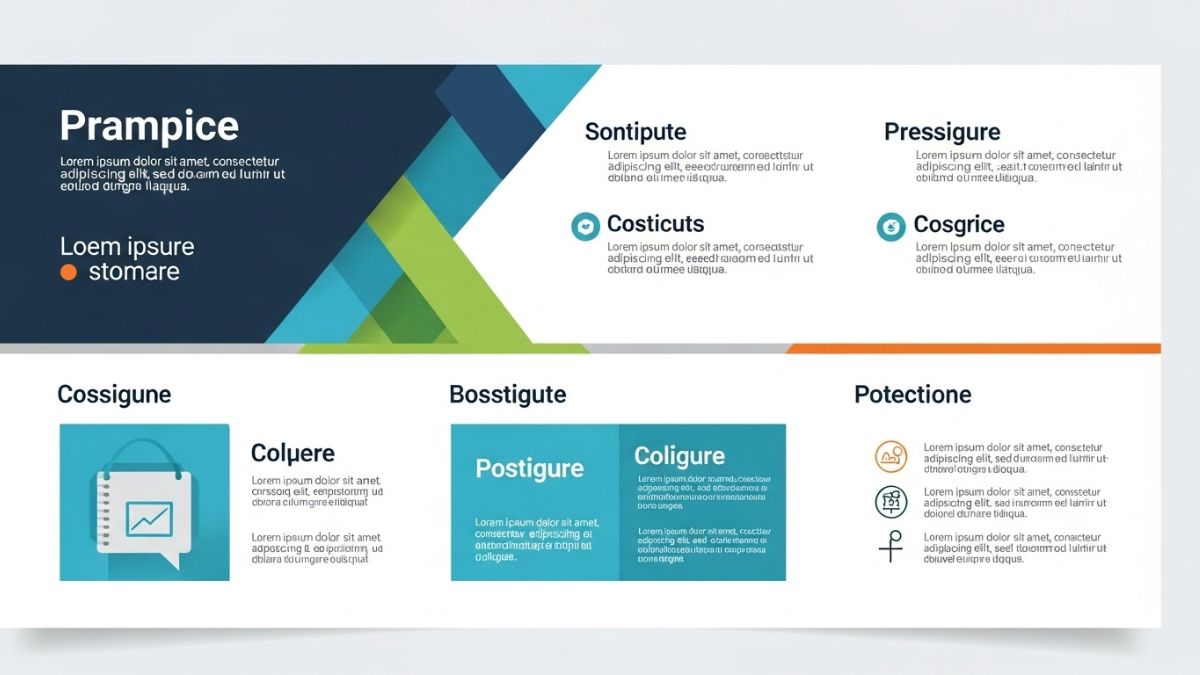4 grade spelling words is one of the most important parts of a child’s language development, especially during the fourth grade. At this level, kids begin to use more advanced vocabulary in writing and speaking. Building strong spelling skills helps them communicate better and understand more complex ideas with ease.
Why Spelling Matters in 4th Grade
By fourth grade, children are expected to write more detailed stories, essays, and reports. Good spelling helps them focus on content rather than worrying about how words are formed. It boosts confidence and also reduces the need for constant corrections in schoolwork.
Expanding Vocabulary Through Spelling
Learning how to spell new words expands a child’s vocabulary naturally. When kids learn how to spell “curious,” they also start using it in conversations and writing. This creates a loop where spelling and vocabulary constantly support each other.
Common Patterns in 4th Grade Spelling Words
Many 4th grade spelling words include patterns like suffixes (-tion, -ly), prefixes (un-, re-, dis-), or irregular spelling rules. Understanding these patterns helps children decode and spell new words more easily. For example, knowing the suffix “-tion” helps with words like “attention” and “division.”
How to Teach 4th Grade Spelling Effectively
One of the best ways to teach spelling is through repetition and usage. Encourage kids to use new spelling words in sentences or create short stories. Daily practice, spelling games, and word puzzles make learning fun and memorable.
Weekly Spelling Practice Routines
Creating a routine helps reinforce spelling. A weekly plan could include writing words three times each on Monday, using them in sentences on Tuesday, playing games like Hangman on Wednesday, reviewing on Thursday, and taking a quiz on Friday.
Incorporating Spelling into Real-Life Use
Encourage your child to use spelling words when writing a birthday card, a journal entry, or even a grocery list. Real-life use of spelling words reinforces their learning and gives a sense of purpose beyond just memorizing for a test.
Challenges Faced by 4th Graders
At this age, some kids struggle with silent letters, double consonants, and homophones. Words like “honest,” “address,” or “piece” often cause confusion. That’s why breaking down words by sound and syllables helps them learn better.
Technology and Spelling Learning Tools
There are plenty of apps and websites designed for spelling practice. Tools like SpellingCity, Quizlet, or even Google Docs (with spell-check turned off) are great for both independent and guided practice. Kids love digital tools, so it’s smart to use them to your advantage.
Fun Spelling Activities at Home
Spelling doesn’t have to feel like a chore. Try creating a scavenger hunt using spelling words. Another idea is to let kids write the words using magnetic letters on the fridge or trace them in sand or shaving cream for a sensory experience.
Role of Reading in Spelling Development
Children who read more often naturally become better spellers. When kids read books, they encounter words in context, helping them understand both meaning and spelling. Encourage reading every day, even if it’s just a comic book or recipe.
Sample List of 4th Grade Spelling Words
Here’s a sample list of 30 common 4th grade spelling words:
Accurate
Attention
Business
Calendar
Chocolate
Decision
Discover
Enough
Favorite
Grammar
Honest
Knowledge
Language
Memory
Neighbor
Occur
Opposite
Paragraph
Question
Receive
Result
Sentence
Success
Thought
Understand
Vacation
Weather
Yesterday
Yours
Zero
These words represent a mix of academic, descriptive, and commonly used vocabulary that help children express themselves clearly.
Building Confidence Through Spelling Tests
Regular low-pressure spelling quizzes help kids track their progress. Celebrate improvements and gently correct mistakes. The goal is to build confidence, not create stress.
Peer Learning and Group Spelling Games
Learning in groups helps students support each other. Try spelling bees, relay spelling races, or team word puzzles. Peer learning can make spelling feel like a team sport rather than a solo struggle.
Parental Involvement Makes a Difference
Parents play a key role in reinforcing spelling at home. Whether it’s helping with practice, reviewing quiz results, or just encouraging reading time, your support can make a huge difference in how well your child retains spelling skills.
Linking Spelling to Writing Skills
As spelling improves, so does writing quality. Kids begin to write longer stories with fewer errors. This means better grades, clearer communication, and more enjoyment from writing assignments.
Preparing for Standardized Tests
Many standardized tests include spelling or vocabulary sections. Mastering grade-level spelling words gives children a solid foundation for test success, improving overall performance in reading and writing areas.
Tracking Progress with Spelling Journals
Using a spelling journal helps kids reflect on their learning. They can write down tricky words, make drawings to remember meanings, and review their personal growth. It’s a fun and personalized way to keep track of spelling progress.
Encouraging a Lifelong Love for Words
The ultimate goal of teaching spelling isn’t just to pass tests—it’s to foster a love for language. When kids feel confident with spelling, they’re more likely to explore new words, express themselves clearly, and enjoy language throughout their lives.
conclusion
Spelling in 4th grade enhances communication skills, vocabulary, and writing success. With proper tools, routines, and encouragement, kids can master spelling words, becoming confident learners.
FAQs
How many spelling words should a 4th grader learn weekly?
A good range is 10 to 20 words per week, depending on the difficulty and your child’s pace.
What are common spelling challenges for 4th graders?
Silent letters, homophones, and tricky vowel combinations are the most common hurdles.
Are digital spelling tools effective?
Yes, apps and online games make practice engaging and help reinforce spelling through repetition.
Can reading help improve spelling skills?
Absolutely. The more a child reads, the more they see correct spelling in context.
How do I know if my child is improving?
Track weekly quiz scores, review their writing, and check their ability to use spelling words in real life.











